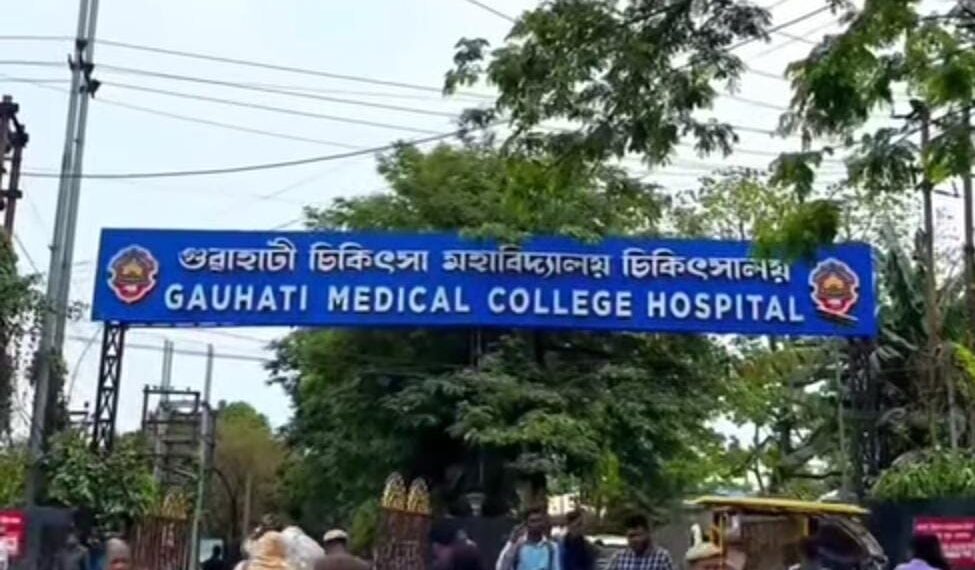Guwahati: Leader of the Opposition in Assam, Debabrata Saikia, has written to the Assam Human Rights Commission (AHRC) seeking an independent inquiry into the death of a newborn at Gauhati Medical College and Hospital (GMCH).
The infant died under shocking circumstances in the hospital’s neonatal intensive care unit (NICU) on August 18.
In his letter to the AHRC chairperson, Saikia urged the commission to take suo motu cognisance of the incident under Section 21(5) of the Protection of Human Rights Act, 1993.
He alleged that the death was a result of overcrowding, staff shortages, and serious lapses in duty of care, calling it a “gross violation of fundamental human rights.”
The four-day-old baby, born at GMCH on August 15, was admitted to the NICU for treatment of jaundice and infection.
On August 18, the infant was found dead, entangled in the wires of a medical device.
Saikia has demanded a time-bound probe by an independent expert panel to identify systemic failures in the state’s healthcare facilities.
He also called for accountability to be fixed on the Assam chief minister and the health department for what he termed “irresponsible statements” and lapses in the healthcare system.
The Congress leader further sought interim compensation of Rs. 10 lakh to the bereaved family under the Assam Victim Compensation Scheme, 2012, with final relief based on the findings of the inquiry.
He also recommended providing security and legal assistance to the parents under whistleblower protection laws, citing possible threats.
ALSO READ: Guwahati businessman arrested for Rs 52 lakh fraud in Arunachal BSNL tower project
Highlighting repeated cases of medical negligence in state-run hospitals, Saikia pressed for urgent reforms and strong intervention by the AHRC.
“The commission must exercise its statutory powers to initiate suo motu investigations, recommend prosecutions, and direct compensatory relief to ensure accountability and uphold fundamental rights,” he stated.
Calling the incident a reflection of systemic breakdowns in public health infrastructure, Saikia said the case demands immediate action to prevent similar tragedies in the future.















